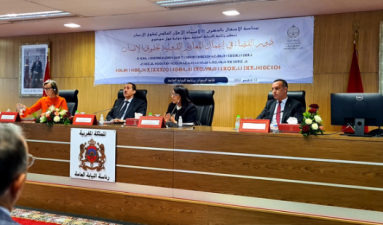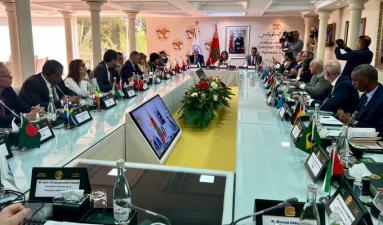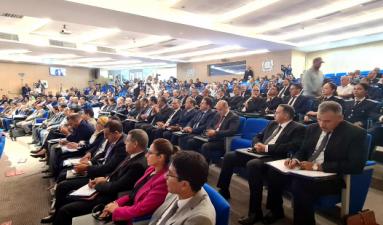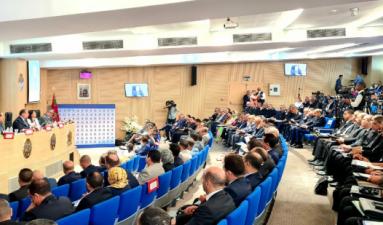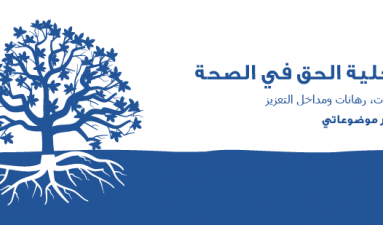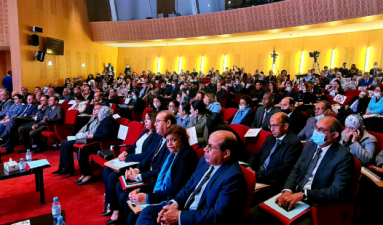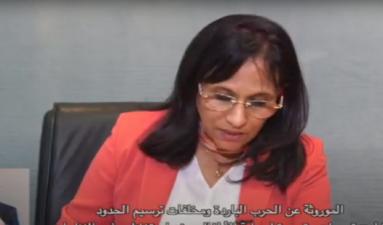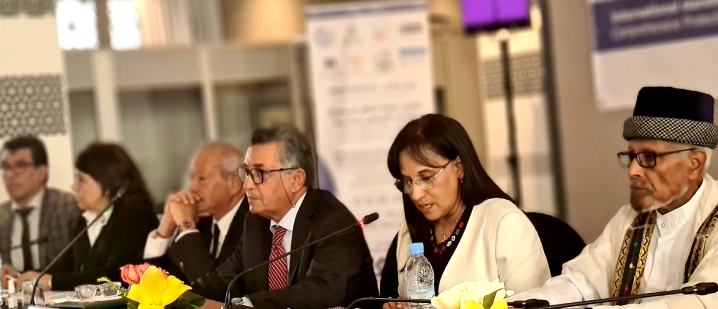
Chairperson of the National Human Rights Council (CNDH), Mrs. Amina Bouayach, affirmed that the conflict between religions and human rights is an invented conflict. It is framed by extremist political ideologies, which are- and still-, commonly, governed by interpretations that neglect the essence of protecting human rights for religions and the right to practice their rituals.
In her opening statement at the International Conference on "International Standards to Ban the Political Use of Religions to Protect Human Rights from All Forms of Extremism", Mrs. Bouayach said that religions and human rights share the same foundation. They unbind the relationship between the private and universal. They also undo the connection between the individual and his surroundings in all its aspects. Furthermore, they share the belief in the universality of human dignity and its foundations in religions, philosophies and civilizations.
This event was held on 11 and 12 May 2022 in Rabat, Morocco.
CNDH chairperson also addressed the relationship between religions and human rights and the process of entrenching these rights. She shed light on the contribution of intellectuals and philosophers, with their different affiliations, cultures, and backgrounds. She also stressed their roles in developing the framework that enshrines the protection of diversity and freedom of thought, the right to practice religious rites, and freedom of belief, based on equality.
In this context, she highlighted the experience of the International Forum in Toumliline Monastery in the Middle Atlas, Morocco (1956-1968), which is considered a non-institutional model for dialogue between cultures and civilizations. It also represents a collective memory that has affirmed, since 70 years ago, that pluralistic debate is possible and real and that the common celebration of everyone’s beliefs and ideas requires, simply, listening capacities and refraining from polarity and fanaticism.
In addition, the UK-based NGO BPUR International launched the global initiative to enact the International Treaty to Ban the Use of Religions for Political Purposes.
For his side, Mr. Naguib Sawiris, Chair of the Board of Trustees at the BPUR, called for the need to further dialogue among religions and seek to achieve coexistence among them to end human rights violations in the name of religion. He also called on governments to adopt this global initiative and submit it to the United Nations to help the international community resolve conflicts and end various forms of human rights violations.
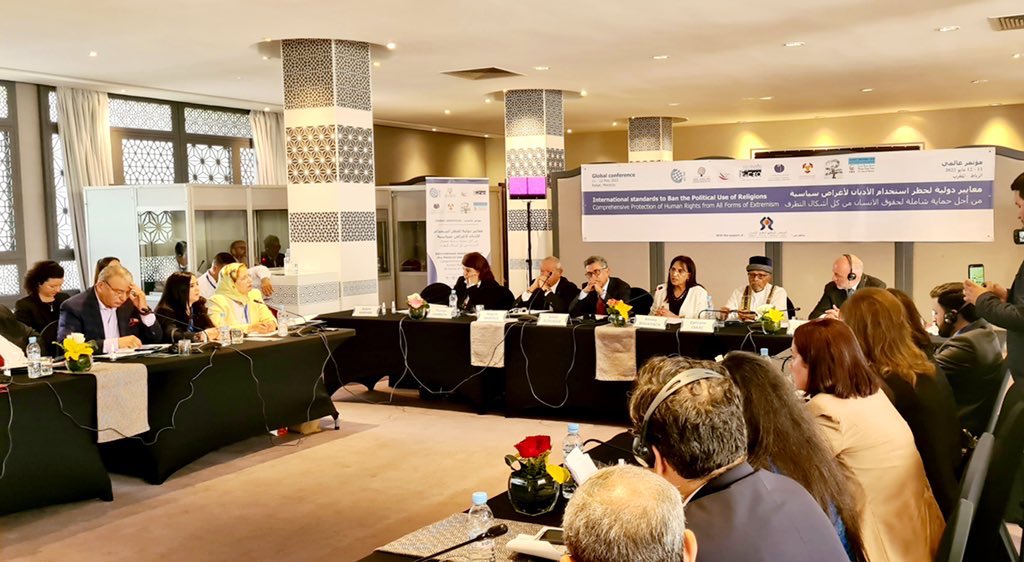
Stakeholders stressed, unanimously, the importance of this initiative that would have a significant role in the future, for which it wanted to be free of wars, conflicts and hatred, where prosperity and peace prevail and human rights are respected. Participants also underlined the serious problems resulting from misusing religion for political purposes such as wars and killings.
More than 100 leaders and supporters of this initiative, including parliamentarians, diplomats, former officials, and religious, civil and political figures, who express their respect for all religions and belong to more than 60 countries, took part in this global conference, which is supported by the CNDH.

